Read more about the 2024 NSDC Data Science Symposium Below!
The NSDC DSS will provide a virtual forum for undergraduate, graduate, and recently-graduated students (within the past 12 months) at higher education institutions around the world who are interested in data science to create and present their data science research projects, discover the best practices for academic research, connect with other data science learners, and expand their data science knowledge and community.
The student participants, known as NSDC Explorers, will be able to choose a research topic that fits into a category that aligns with the Northeast Big Data Innovation Hub’s Focus Areas, or other areas of interest.
The 2024 Data Science Symposium (DSS) is brought to you by the National Student Data Corps (NSDC), hosted by the Northeast Big Data Innovation Hub (NEBDHub).
Congratulations to the 2024 NSDC Data Science Symposium Winners!
Graduate Cohort Winners
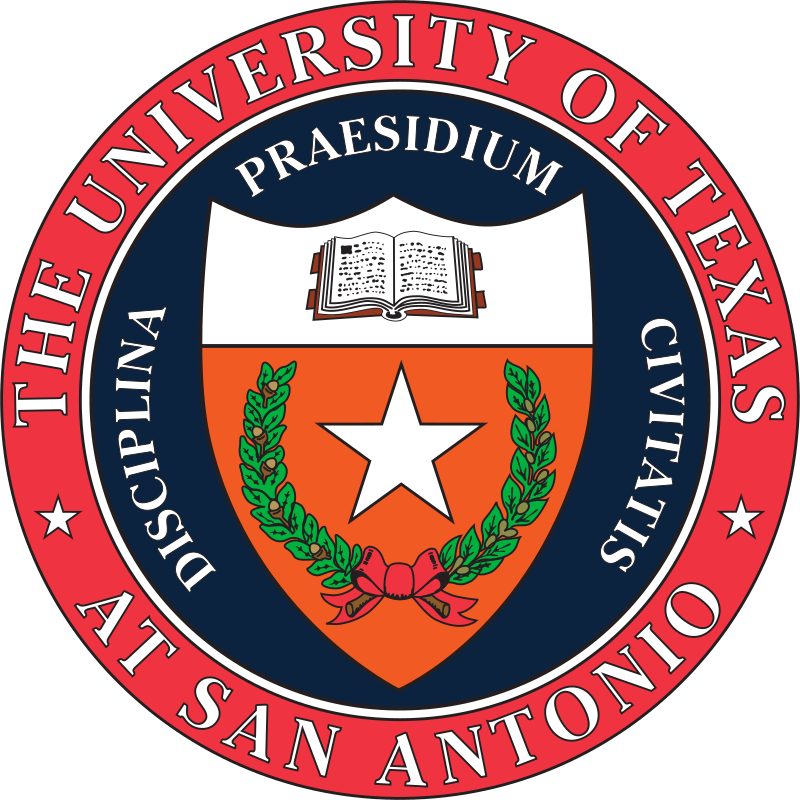
First Place
First Place for the Graduate Cohort is awarded to Dorde Klisura, from the University of Texas, San Antonio, for their project “Unmasking Database Vulnerabilities: Zero-Knowledge Schema Inference Attacks in Text-to-SQL Systems.”

Second Place
Second Place for the Graduate Cohort is awarded to Mushran Khan, from Rutgers University, for their project “Interpretable AI: Using Provably Optimal Sparse Tree Algorithms in Healthcare.”
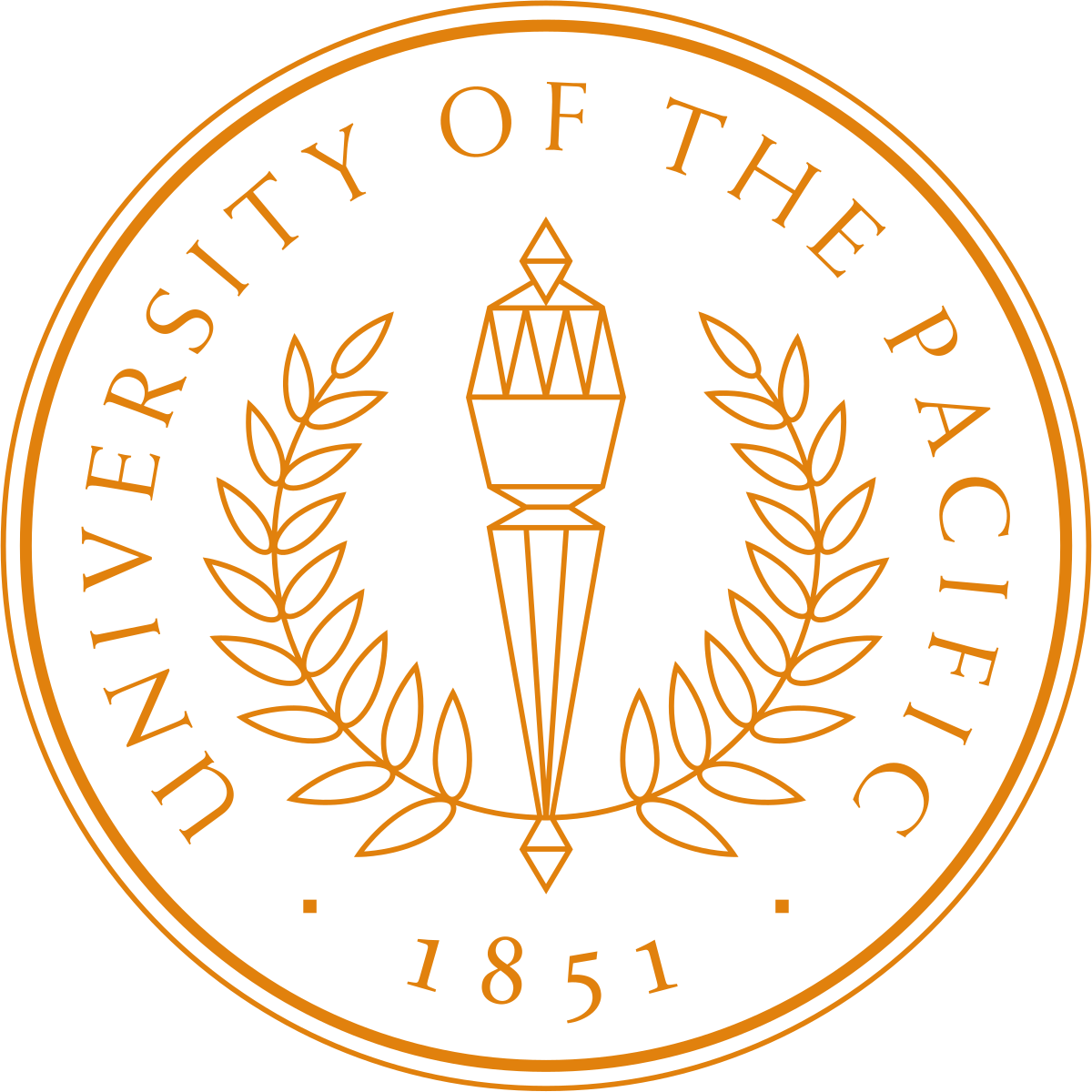
Third Place
Third Place for the Graduate Cohort is awarded to Jenish Vekariya, from the University of the Pacific, for their project "Medication Compliance of Patients."
Undergraduate Cohort Winners
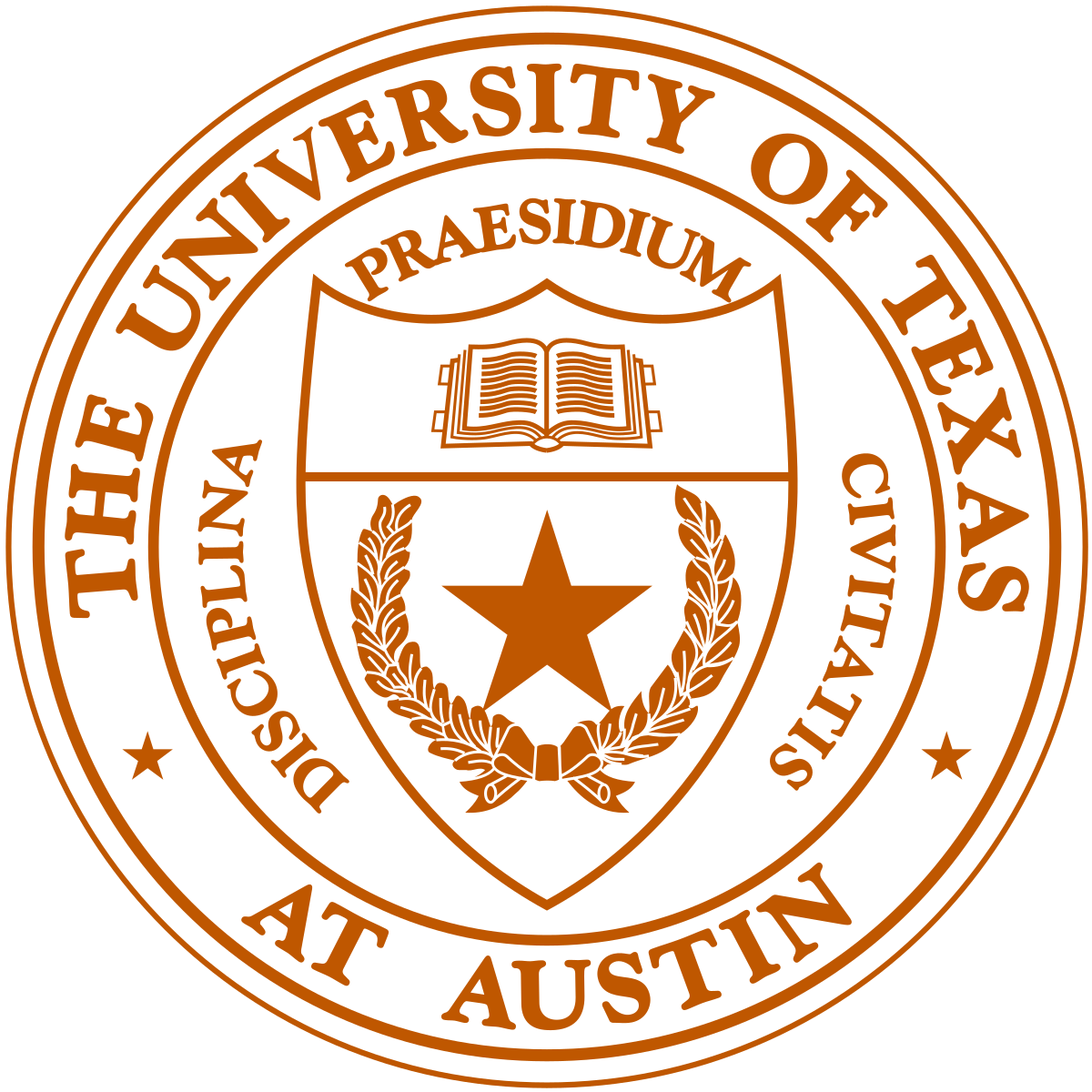
First Place
First Place for the Undergraduate Cohort is awarded to Tanvi Prem, from the University of Texas at Austin, for their project “Divine Messaging: Examining Christian Rhetoric in May 2024 US Political Ads.”
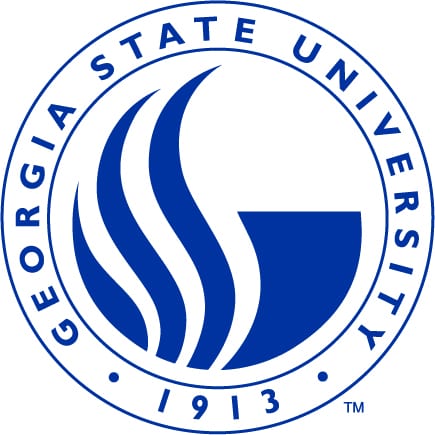
Second Place
Second Place for the Undergraduate Cohort is awarded to Maxwell Knight, from Georgia State University, for their project “Enhancing Cherenkov Gamma Telescopes: A Machine Learning Approach to Proton Profiling.”
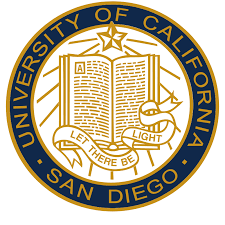
Third Place
Third Place for the Undergraduate Cohort is awarded to Darief Maes, from the University of California, San Diego, for their project “Forecasting India's GDP growth using an ML model to improve estimates."
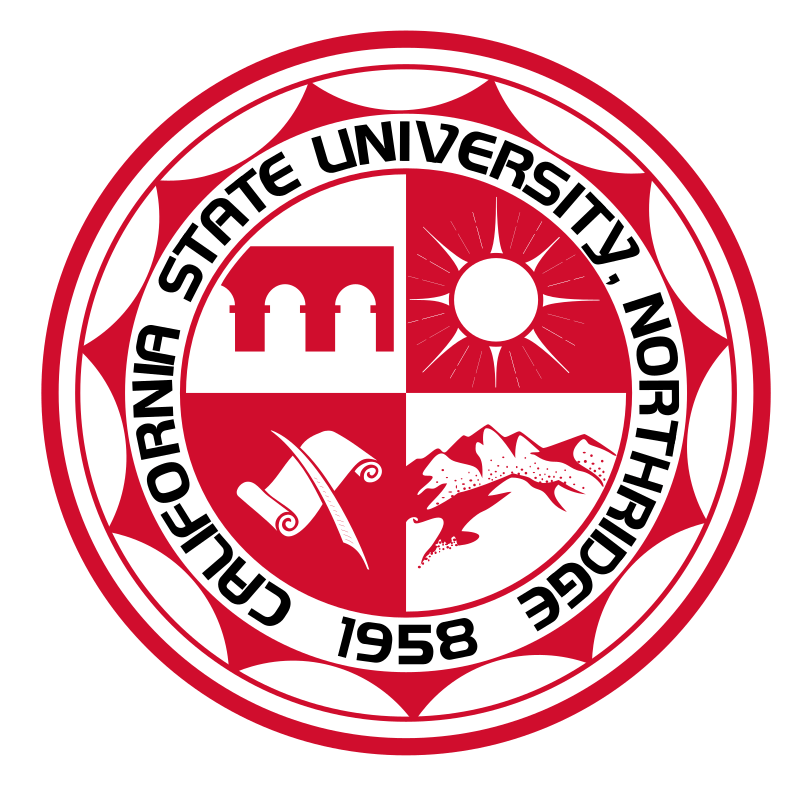
Third Place
Third Place for the Undergraduate Cohort is awarded to Anita Kalhori, from California State University, Northridge, for their project "Girls Just Wanna Have Functional Algorithms: Uncovering Implicit Gender Bias In Medical Datasets.”
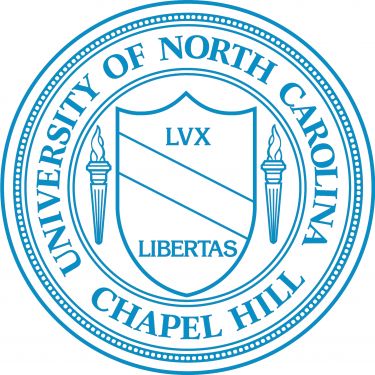
Third Place
Third Place for the Undergraduate Cohort is awarded to Oanh Nguyen, from University of North Carolina, Chapel Hill, for their project “TALKING TO THE MACHINE: A Longitudinal Syntactic Analysis of Text-to-Image Prompt Trajectories.”
Call for Participation & Submission Forms
Key Dates – This Challenge has Concluded!
Students and Mentors & Judges Call for Participation Opens: March 22nd, 2024
Upcoming Virtual Student Mentoring Sessions, scheduled for:
- Additional sessions to be announced
Student Submissions due: July 31st, 2024 by 11:59 pm ET
Student Winners announced: Late 2024
Student Winners may have the opportunity to present their research at a live webinar in Early 2025.
How to Participate
If you are a student who is looking to create and present a research project as an NSDC Explorer, we welcome you to participate in the NSDC 2024 Data Science Symposium! If you are a professional, researcher, faculty member or graduate student, we’d like to invite you to volunteer and participate as a mentor, judge, or both!
Are you an undergraduate, graduate, or recently-graduated student (within the past 12 months) at a public or private university, college or community college with an interest in data science? Do you have a data science research project, but lack an outlet to present and share your findings? The National Student Data Corps Data Science Symposium (DSS) is here to help!
Whether you have completed a recent project, or you’re looking to get started on a new research idea, the NSDC will offer an extensive network of support, including virtual mentoring calls, to help you better understand data science tools and techniques.
Step 1: Click on the Call for Participation Button (Students-Become an NSDC Explorer!) above to complete a short interest form.
Step 2: Review the Research Inspiration section below where you can find winning projects from the previous Data Science Symposiums! Start to brainstorm a data science research topic that interests you.
Step 3: You will be invited to join virtual mentoring sessions, hosted by NSDC HQ & Mentor Teams, to learn the best research practices and tools to help guide your project.
Step 4: Once your research is completed, you will create a virtual, one-page poster and an abstract of 7 to 10 sentences to summarize your findings.
Step 5: Submit your virtual, one-page poster and abstract for judging using the Submission Form button above. Submissions of these materials will be due on July 31st, 2024 by 11:59 pm ET. The NSDC will announce the winners in Late 2024.
The submissions will be judged in two cohorts: the Undergraduate/Community College Student Cohort and the Graduate Student Cohort. The top 3 winners in each cohort may receive an invitation to present their research projects live on a virtual webinar, hosted by the NEBDHub and NSDC!
All participants will receive certificates of participation and may have their work published on the NSDC website.
Prerequisites: You must be an Industry/Non-profit Professional, Academic Professional, Researcher, Faculty member, or Graduate Student to participate as a mentor.
Step 1: Click on the Call for Participation Button (Mentors & Judges-Volunteer with the NSDC!) above to complete a short interest form. The NSDC HQ Team will confirm with you the role(s) you’ve chosen.
Step 2: The NSDC HQ Team will invite you to co-host virtual mentoring calls for interested students from April through July 2024, based on your availability. In these calls, you can share your knowledge and expertise in order to assist students with developing their research projects. This may include data science best practices or software tool tricks.
Please note: You may sign up as both a mentor and a judge!
Prerequisites: You must be an Industry/Non-profit Professional, Academic Professional, Researcher, Faculty member, or Graduate Student to participate as a judge.
Step 1: Click on the Call for Participation Button (Mentors & Judges-Volunteer with the NSDC!) above to complete a short interest form. The NSDC HQ Team will confirm with you the role(s) you’ve chosen.
Step 2: Students will submit their completed virtual, one-page poster and 7 to 10 sentence abstract by July 31st, 2024. The NSDC HQ Team will then invite you to a virtual evaluation portal. Between August 1st and August 31st, Judges will use a provided evaluation portal to evaluate and judge student submissions. The NSDC HQ Team will announce the winners in Late 2024.
Please note: You may sign up as both a mentor and a judge!
Research Inspiration
The NSDC DSS provides access to the most recent winning projects, so that you can take inspiration from your peers and develop your own research project. Data science can apply to many topical areas, and we want you to apply it where it aligns with your interest. We encourage you to research any approachable, appropriate topic that interests you.
Explore the following projects to inspire your research:
First Place of the Undergraduate Cohort in 2022 was awarded to Kiet Nguyen and Zhuldyz Ualikhankyzy at Case Western Reserve University, for their project “Prediction of Russian ruble (RUB) against US dollar (USD) in June 2022 amid Russian-Ukrainian war.“
Second Place of the Undergraduate Cohort in 2022 was awarded to Michele Sezgin, Vivian Almaraz, Audrey Kim, and Salwa Ouachtouki at Smith College, for their project “Visualizing Hampshire County Schools Health Data.”
First Place of the Undergraduate Cohort in 2023 was awarded to Lily Watson, Julia Vitale, and Pranav Parekh at Vassar College, for their project “Maternal Hypertensive Disorders and Sudden Infant Death Syndrome in American Infants: A Case-control Study.”
Second Place of the Undergraduate Cohort in 2023 was awarded to Mónica Estrella at the University of Connecticut, for their project “Perceived Moral Patiency of Social Robots: Differences Across Morphologies.”
Third Place of the Undergraduate Cohort in 2023 was awarded to Jasmine De Leon at the Seton Hall University, for their project “TRACE-ing Intelligence Analysis.”
First Place of the Graduate Cohort in 2023 was awarded to Sol Jung at the University of California, San Diego, for their project “Classification Model for Early Signs of Dementia.”
Eligibility & Resources
All undergraduate and graduate students from public and private universities, colleges and community colleges are eligible to participate as NSDC Explorers in the NSDC Data Science Symposium. Recent graduates of undergraduate/community college programs and graduate programs (within the past 12 months) are also eligible to participate as NSDC Explorers.
All graduate students, researchers, faculty members, and industry/non-profit professionals are eligible to participate as NSDC Mentors and/or Judges in the NSDC Data Science Symposium.
Here are some resources that may help you develop a project, mentor students, or judge a submission:
-
- NEBDHub Data Science Resource Repository (DSRR): A collection of 1,000+ English and 200+ Spanish language resources for learners, educators, researchers, career explorers, and professionals that promotes data science literacy.
-
- NSDC Learner Central: A collection of free, open online data science resources for learners of all skill levels.
-
- NSDC Video Library: A collection of videos on data science topics based on IBM’s OpenDS4All curriculum, as well as student-created SQL and R educational materials, data science use cases, and more.
-
- COVID Information Commons (CIC) Research Explorer: Machine learning-generated visualizations of COVID-19 research, including 12,000+ NSF & NIH Awards
-
- CIC COVID Awards and Principal Investigator (PI) Database: A searchable database of over 12,000 COVID-related awards from the National Science Foundation (NSF) and National Institutes of Health (NIH), and profiles of the PI who is the principal researcher on each project.
-
- CIC Global research resources: Datasets, groups and guides, and news and publications
-
- Webinar Recordings of past CIC Researcher Lightning Talks, and English and Spanish Transcripts, including browsable playlists of talks by theme.
-
- NSDC Career Panels: Event Recordings and upcoming events
-
- NSDC Slack Community: Find an NSDC DSS Channel here for all your immediate questions!
-
- Office hours with mentors: Submit the Student Call for Participation form to receive updated information about dates and registration
-
- You are also free to use any external academic, government, and industry resources. Please cite all sources in MLA, APA, or Chicago format.
Evaluation Criteria
Submissions will be evaluated by a committee of researchers and other experts on the basis of their intellectual merit and broader impact, two criteria used by the National Science Foundation (NSF) to evaluate project proposals. NSF describes intellectual merit as the potential of the proposed activity to advance knowledge, while broader impact is described as the potential of the proposed activity to benefit society and contribute to the achievement of specific, desired societal outcomes.
Project submissions should clearly communicate and demonstrate a thorough understanding of the objectives, methods, and implications of data science research and make insights and recommendations that contribute to greater societal goals.
Submissions will also be evaluated to ensure that they follow the submission requirements (a virtual, one-page poster and an abstract of 7 to 10 sentences). If your submission does not follow these submission requirements, you risk disqualification from the 2024 NSDC Data Science Symposium.
The top three projects in the Undergraduate/Community College Student Cohort and in the Graduate Student Cohort, chosen by the evaluation committee, may be invited to present their research and findings on a live Zoom webinar.
All participants will receive certificates of participation and may have their work published on the NSDC website.
FAQs
Yes; undergraduate and graduate students from around the world are invited to participate. We encourage recently graduated students (within the past 12 months) from undergraduate/community college programs and graduate programs from around the world to participate, as well.
Yes; teams should submit one submission form with the names of all the team members. If your team consists of both undergraduate/community college-level students, and graduate-level students, your submission will be placed in the Graduate Student cohort for judging.
No; however, you are welcome to consult with professors or researchers while completing your project. Please include acknowledgements on your poster and in your abstract if you receive recommendations or advice from any particular researchers or experts while developing your project. Please note that your project may not be completed by anyone outside of your team, including mentors, professors, faculty, or professionals, or else you risk disqualification.
No; students may not use Artificial Intelligence Chatbots to complete any part of their submitted projects, including aspects of their poster boards or abstracts. Submitted projects should only include original, student-created content.
View the poster board submission template here. All graphics should be explained and cited. Please also include and properly cite any necessary acknowledgements and resources on your poster board. Citations may be in MLA, APA, or Chicago format.
The abstract should be 7 to 10 sentences and include a summary of your findings and any necessary citations.
Yes; although English-translated sources can be used if properly cited.
Yes; however, you must include references to the resources you used, NSDC or otherwise.
If you are a graduate-level student, you may participate as an Explorer, a Mentor, and a Judge!
No; the NSDC follows the NSF Conflict of Interest Policy to ensure that there are no institutional or individual conflicts of interest (COI) between you and the students. If you’d like to review additional information about COI guidelines, the NSDC welcomes you to review the NSF Panelist Conflict of Interest Training.
The NSDC HQ Team will reach out to you to confirm the role(s) you’ve chosen after you complete the Call for Participation form.
Email the NSDC HQ Team at nsdc@nebigdatahub.org with any additional questions.
Stay Connected with Us
Email us at nsdc@nebigdatahub.org with any inquiries or questions.
Some ways to stay connected with the NSDC community:
-
- Join our Slack channel
- Follow us on Twitter, Instagram, or LinkedIn
- Subscribe to the Northeast Hub YouTube channel
- Sign up for our NSDC mailing list
- Check out the REAL Program for more collaboration opportunities
- Register to Start/Join an NSDC Chapter
- Register for the next NSDC Career Panel and Q&A webinar
